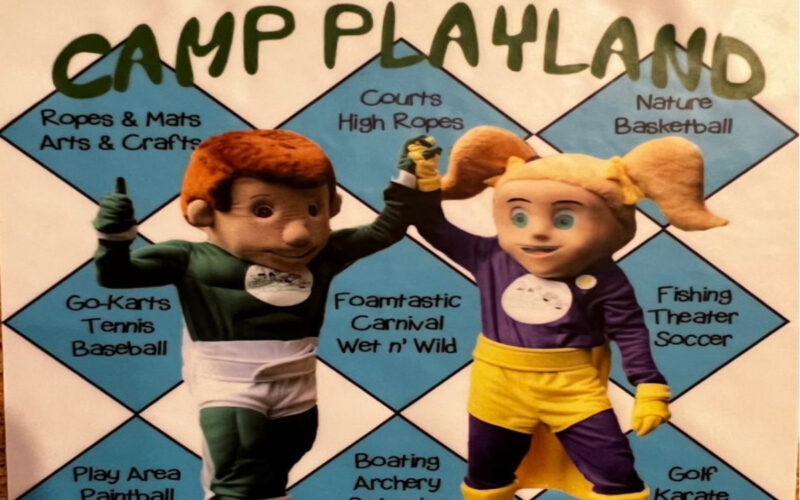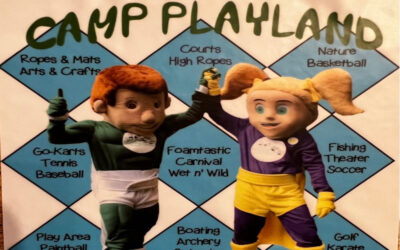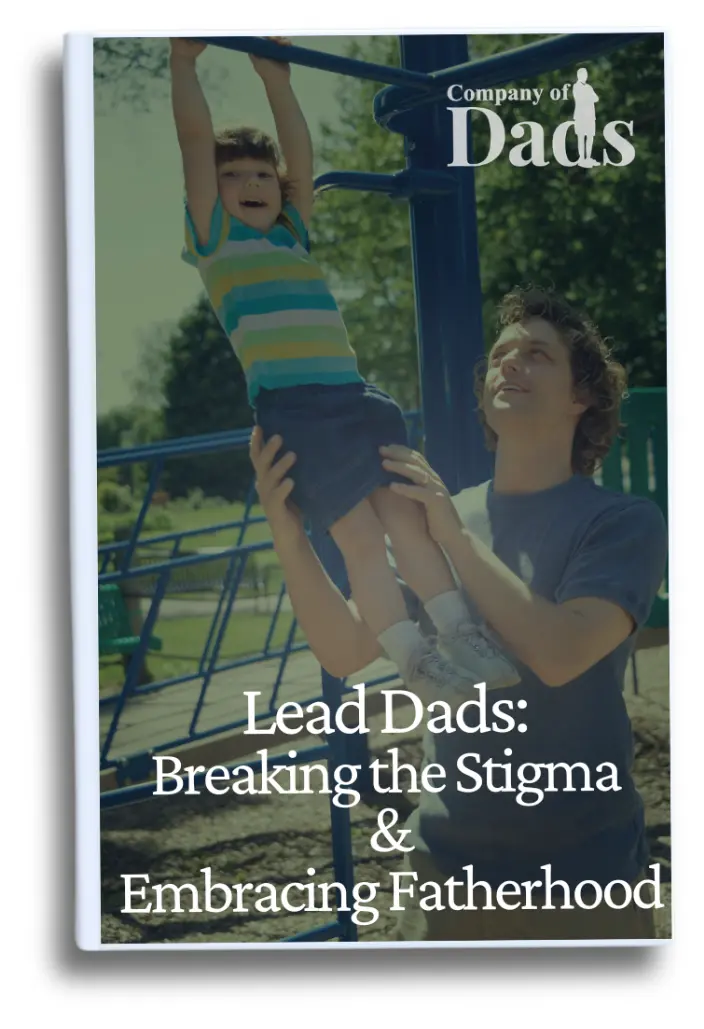My wife leads by example, and our daughters are learning by watching her.
There are the everyday moments, but that’s not what I’ve been thinking about this summer.
Yes, she talks openly about her work in finance, both the good days and the challenging ones.
She also talks about the things she likes and dislikes about the town we live in – and she tells our daughters why she feels that way.
If she thinks something’s not right, she questions it. If she sees someone in need, she stops to inquire.
But what I’ve been thinking about is the time she questioned a beloved camp mascot.
At some point, all of our daughters have gone to this wonderful, family-owned day camp. They have loved it. And we’ve loved being able to send them there. We’ve grown fond of the family, now in its third generation, that operates it.
But at a parent visiting night a few years back, my wife asked a simple but powerful question: Why is there a Playland Boy but not a Playland Girl?
Playland Boy was the long-time mascot who wore a green suit and white shorts – or underpants, if you were younger and sillier. He came out for special events and danced around, delighting the campers.
But what about the other half of the campers, the girls? Why no Playland Girl?
The camp director listened, and the next summer, Playland Girl landed from their far-off planet. She was equally mascot-y, with a purple suit and yellow shorts, and a similar gigantically goofy head.
The pair were a hit. Two were better than one. That first day she arrived our middle daughter came home ecstatic that there was now a Playland Girl!
And from then on, our daughters saw equal mascot representation at camp.
Silly, right? I don’t believe so. Equality is show, not tell. Companies that talk and talk about equity and equality but show the opposite are sending a message that’s confusing at best and pernicious at worst. Starting early in life and showing mascot equality starts showing everyone what’s possible in leadership roles, both the girls and the boys.
I recently reached out to the camp director. Turns out Playland Boy and Playland Girl returned to their home planet – exiled by a mascot maker who couldn’t make a new costume the kids didn’t make fun of. (It was also hard to talk counselors into putting on the super-hot costume.)
These days, there’s Playland Person, who leads the camp celebrations. “We have had many people dress like this – male and female – and the kids love guessing who is under the mask,” the director said.
Not everything is as easy to fix as summer camp mascots, but the lessons learned there are important. Think of all those CEOs who write about summer camps as forming their world view. Now imagine them seeing women in leadership roles from their earliest days.









